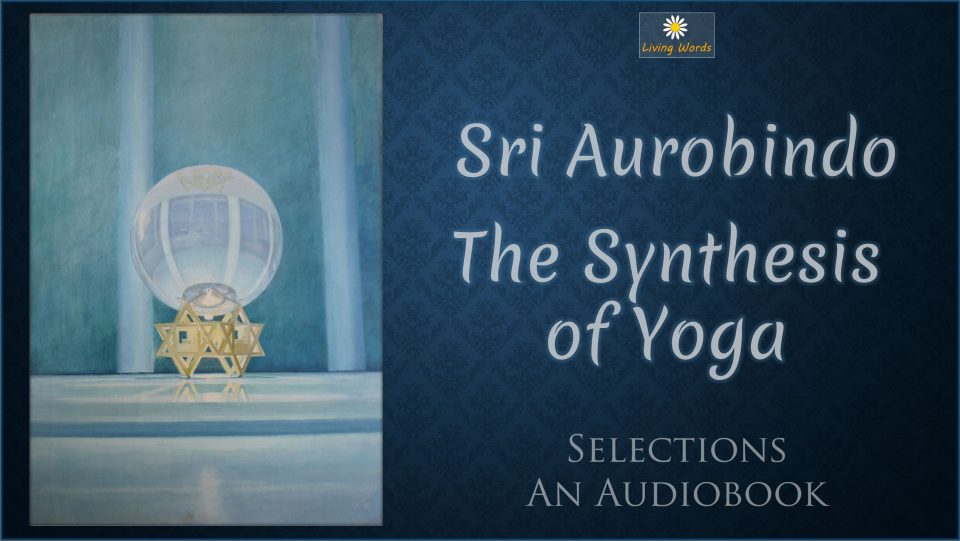4. The Way of Love
4.4 The Way of Integral Bhakti
The way of the integral Yoga of bhakti will be to universalise this conception of the Deity, to personalise him intimately by a multiple and an all-embracing relation, to make him constantly present to all the being and to devote, give up, surrender the whole being to him, so that he shall dwell near to us and in us and we with him and in him. Manana and dar´sana, a constant thinking of him in all things and seeing of him always and everywhere is essential to this way of devotion. When we look on the things of physical Nature, in them we have to see the divine object of our love; when we look upon men and beings, we have to see him in them and in our relation with them to see that we are entering into relations with forms of him; when breaking beyond the limitation of the material world we know or have relations with the beings of other planes, still the same thought and vision has to be made real to our minds. The normal habit of our minds which are open only to the material and apparent form and the ordinary mutilated relation and ignore the secret Godhead within, has to yield by an unceasing habit of all-embracing love and delight to this deeper and ampler comprehension and this greater relation. In all godheads we have to see this one God whom we worship with our heart and all our being; they are forms of his divinity. So enlarging our spiritual embrace we reach a point at which all is he and the delight of this consciousness becomes to us our normal uninterrupted way of looking at the world. That brings us the outward or objective universality of our union with him.
Inwardly, the image of the Beloved has to become visible to the eye within, dwelling in us as in his mansion, informing our hearts with the sweetness of his presence, presiding over all our activities of mind and life as the friend, master and lover from the summit of our being, uniting us from above with himself in the universe. A constant inner communion is the joy to be made close and permanent and unfailing. This communion is not to be confined to an exceptional nearness and adoration when we retire quite into ourselves away from our normal preoccupations, nor is it to be sought by a putting away of our human activities. All our thoughts, impulses, feelings, actions have to be referred to him for his sanction or disallowance, or if we cannot yet reach this point, to be offered to him in our sacrifice of aspiration, so that he may more and more descend into us and be present in them all and pervade them with all his will and power, his light and knowledge, his love and delight. In the end all our thoughts, feelings, impulses, actions will begin to proceed from him and change into some divine seed and form of themselves; in our whole inner living we shall have grown conscious of ourselves as a part of his being till between the existence of the Divine whom we adore and our own lives there is no longer any division. So too in all happenings we have to come to see the dealings with us of the divine Lover and take such pleasure in them that even grief and suffering and physical pain become his gifts and turn to delight and disappear finally into delight, slain by the sense of the divine contact, because the touch of his hands is the alchemist of a miraculous transformation. Some reject life because it is tainted with grief and pain, but to the God-lover grief and pain become means of meeting with him, imprints of his pressure and finally cease as soon as our union with his nature becomes too complete for these masks of the universal delight at all to conceal it. They change into the Ananda.
CWSA 24: 601 – 602




